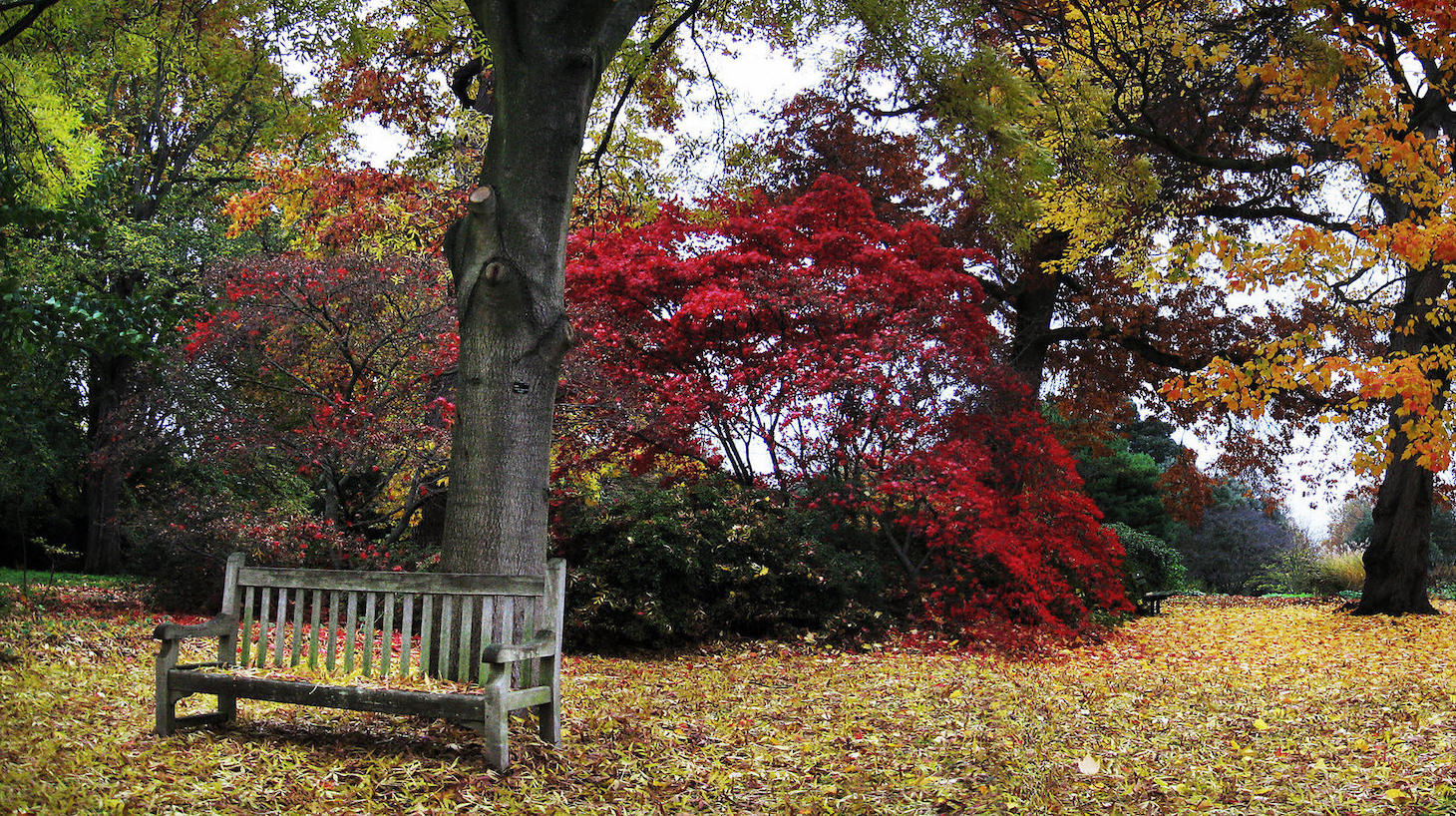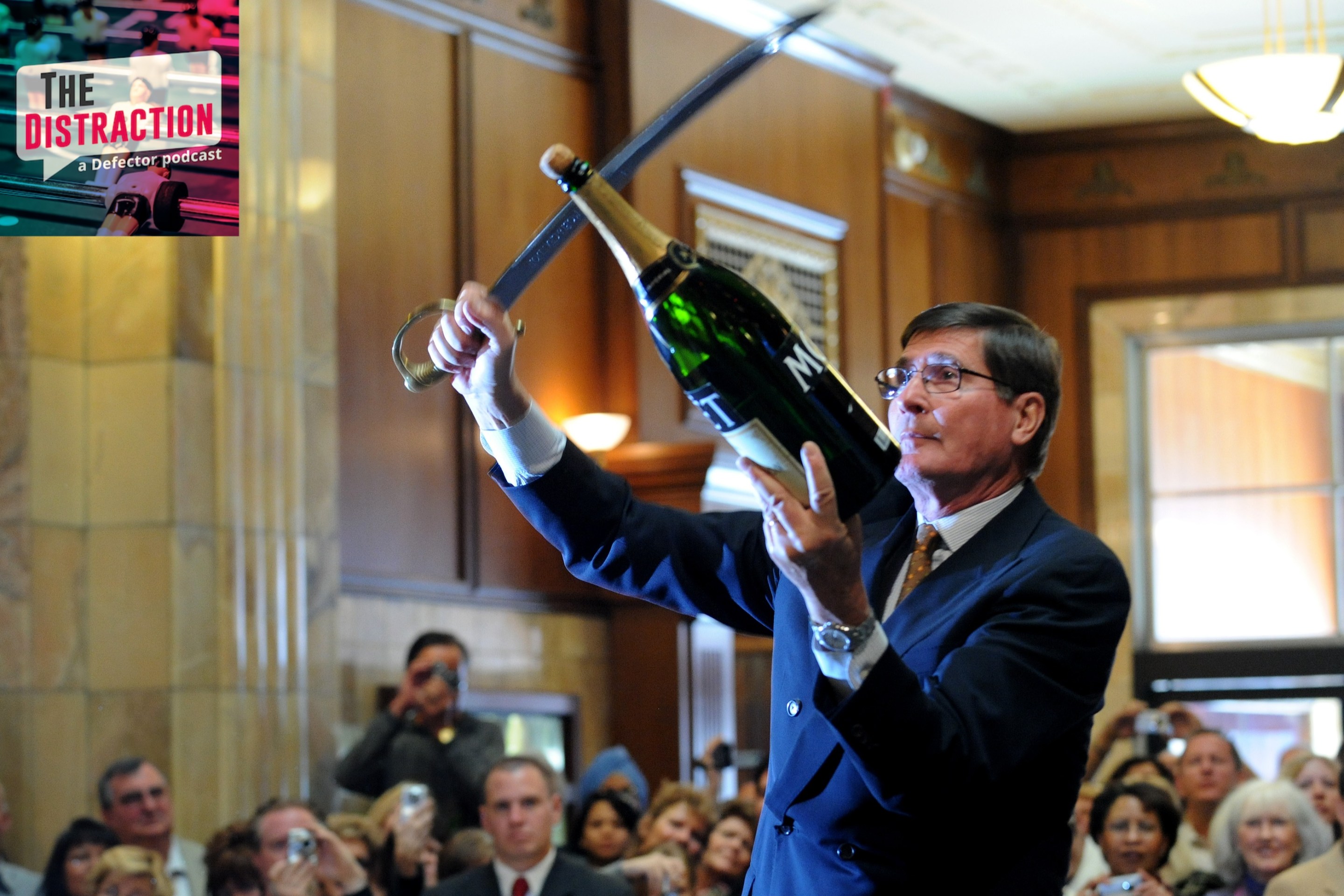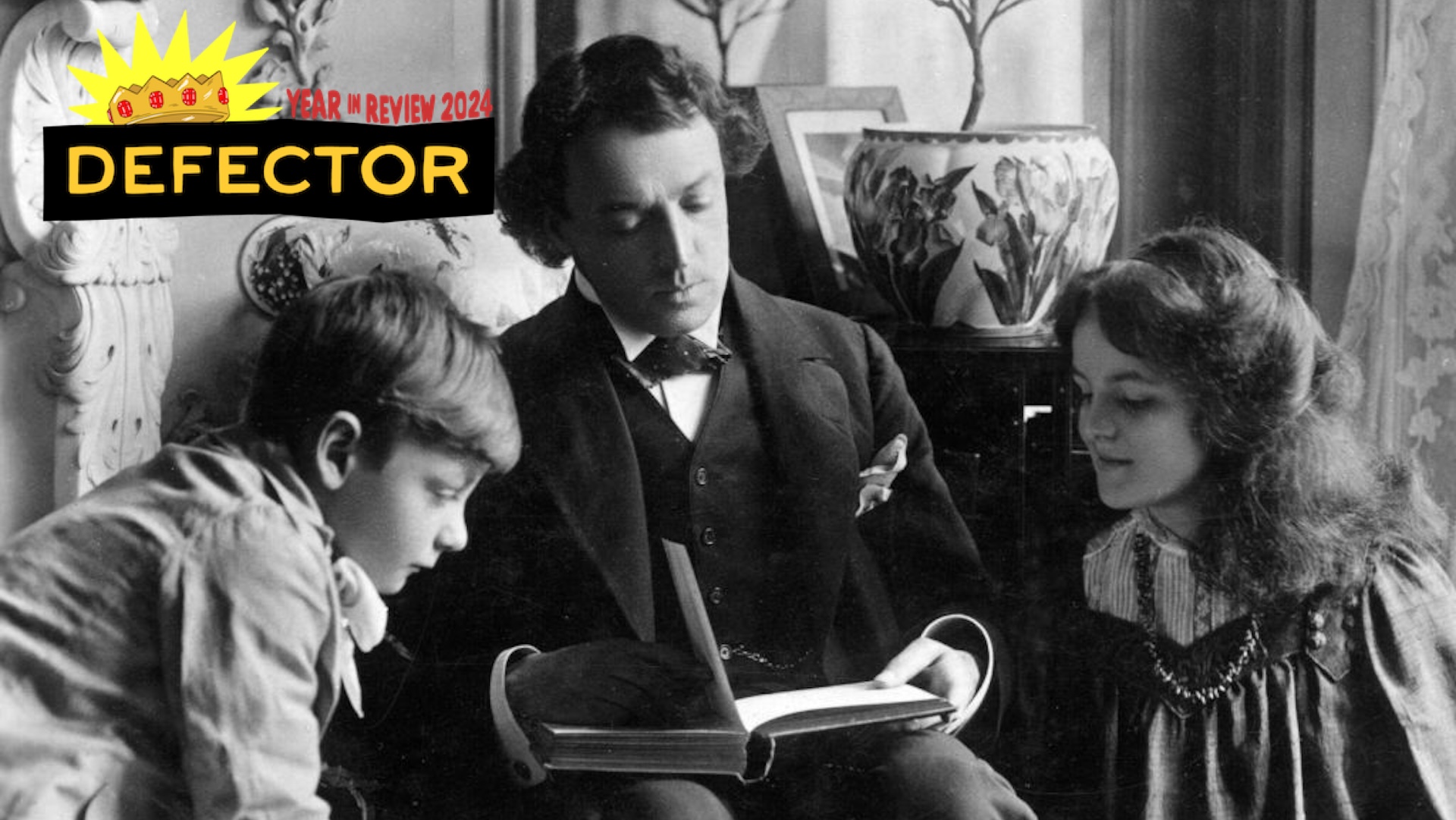Our day at the beach was coming to an end. If you have kids, you know that they’ll only tolerate the beach for so long before they get bored of swimming, lying down on the sand, and playing half-assed games of Pro Kadima. They get hot, sweaty, and pissy. My wife loves magic hour at the beach, so she tried, in vain, to keep milking the clock even after the kids had reached their breaking point. She argued the best time at the beach was just about to arrive, but they didn’t wanna hear that shit. They wanted out of the sun, into the shower, and then onto a couch. I did, too.
So we packed up our things and left. To leave this beach, you had to cut through protective dunes by trudging along a sandy path back to the street. At the end of this path was a series of garbage cans, a little station for doggie poop bags, and a bench. My youngest left his flip flops next to the bench when we had first arrived earlier in the afternoon, so as we emerged from the dunes he ran over to retrieve them. While he did that, I noticed that the bench had a dedication plaque nestled into one of its planks. I can’t remember to whom the bench was dedicated, but I remember their name inscribed in tasteful lettering on the plaque, along with their year of birth and death. Very simple.
I had walked by this bench many, many times before, and only in that moment did I realize how perfect of a thing it was.
I’ve thought about death a lot. I thought about it when I was a child, when it was terrifying on both physical and existential levels. I thought about death when I was a teenager, because I had been warned over and over again about all the dangerous things out there that threatened to cut my life short: drugs, alcohol, reckless driving, criminals, suicide, and on and on. I thought about death when I was an adult, because being an adult means always being on guard for telltale signs of cancer, heart disease, or any other fatal malady that creeps onto your radar the older you get.
And of course, I thought about dying after I damn near died myself three years ago. I was not prepared, neither emotionally nor logistically, to die. I still had a lot of things I wanted to do, to see, to hear, and to feel. Furthermore, my wife and I didn’t even have wills drawn up at the time, which is a cardinal sin when you have children and when every state’s estate law bureaucracy is arcane, bulky, and potentially terrifying. If I had died that fateful night, my wife and kids could have been utterly screwed by a probate system that I have since had explained to me but still don’t fully understand.
Up until that point, I had put much more energy into thinking about dying in the romantic sense. When I was much younger, I daydreamed about becoming a big swinging dick: the kind of guy who leaves enough monuments to himself across the globe to make Ozymandias himself despair. I could become president and get my face on money. I could become a member of the Fortune 500 (I read it every year) and get my name on buildings and streets. I could become a war hero, non-Confederate division, and get a statue of myself bayoneting a sinister Russian operative in the center of a park somewhere. Or I could become an artist—as I am now—and produce works that far outlived me: books (got that one down), movies, TV shows, and on and on. And I’d have a handsome grave for loved ones and all my adoring fans to make pilgrimages to. I was hardly alone among Americans to harbor such posthumous ambitions. Gaudy examples of such hubris fulfilled surround you on every block.
Eventually, I read enough books and watched enough George Carlin to know that such ambitions were the domain of hollow men. I didn’t need a fucking courthouse wing named after me. I certainly didn’t need a grave, and my wife didn’t want one either. All of those totems were selfish: a tacky way of trying to artificially prolong what is undeniable. One day I will be gone and forgotten, and so will all of you.
Then I passed that bench and saw, with my own two eyes, a much smaller and more useful means of outlasting your own body. When you die, you give yourself back to the world. And what better way to give yourself back than to become a bench? Benches are an inherent, unqualified good. They’re free. They’re comfortable. They’re modestly attractive. You can rest on a bench. You can tie your shoes on one. You can sit down on one with your child and share a treat, or you can sit down on one with your best friend and have the kind of talk that only best friends can have. You can sleep on a bench. Cops might shoo you away because they’re cops. But me, I wouldn’t mind if I were a bench and you slept on me. Maybe you had a hard day. Maybe you had no other place to sleep. Come. Come take a rest. I’ll make room.
Life happens on a bench. People sit benches. They talk. They fight. They declare their love for one another. They get loaded. Someone might throw up all over my bench. Again, that’s fine. The rains will come and wash it away, and then more life can happen on my little stretch of the world. And if you don’t remember the name on the plaque when you get up and walk away, I’ll be too dead to be offended. It won’t matter. All that matters is that you found a bench to use when you needed one. That sounds perfect to me.
When my daughter, now 15, was in first grade, her teacher died. She was an elderly woman, but still with her wits about her. Then one day she got sick and left on an extended absence that would quickly become permanent. She has a bench now. The school dedicated one to her soon after she passed. Her bench is right behind the main building, stationed under a tree behind the playgrounds. She’s gone now, and my daughter is gone now from elementary school. But there the bench remains, for new generations of kids to grow up using and abusing. I’m sure there’s used gum on the bench somewhere. I’m sure my daughter’s teacher would disapprove of that gum, but in the fondest possible way. She’d seen it all before, and so will her bench.
My wife and I finally got our wills drawn up during the pandemic. Better late than never. When we signed all of the forms, the notary present had us swear on the documents to consecrate them. We both said “I do” to the notary when asked: a marriage promising to come full circle. We filled out forms to have our bodies donated to the state anatomy board when we go. After we’re used as medical school cadavers or whatever else, our ashes will be returned to our survivors. My wife left no specific instructions for her ashes. I, being the dramatic type, asked that mine be dumped into the Atlantic Ocean: a request that will almost certainly prove onerous in some unexpected fashion.
I didn’t ask for a bench. That would have been even more onerous, not to mention a touch vain. But when I leave, maybe I’ll get one anyway. Maybe it’ll get used over and over again, with my name on it slowly weathering away until it’s no longer legible. Then it’ll just be a bench, with a life and a story all its own. And that’s good. That’s more than enough.
Drew’s chronicle of his near death experience, The Night The Lights Went Out, is now available for purchase everywhere books are sold.





